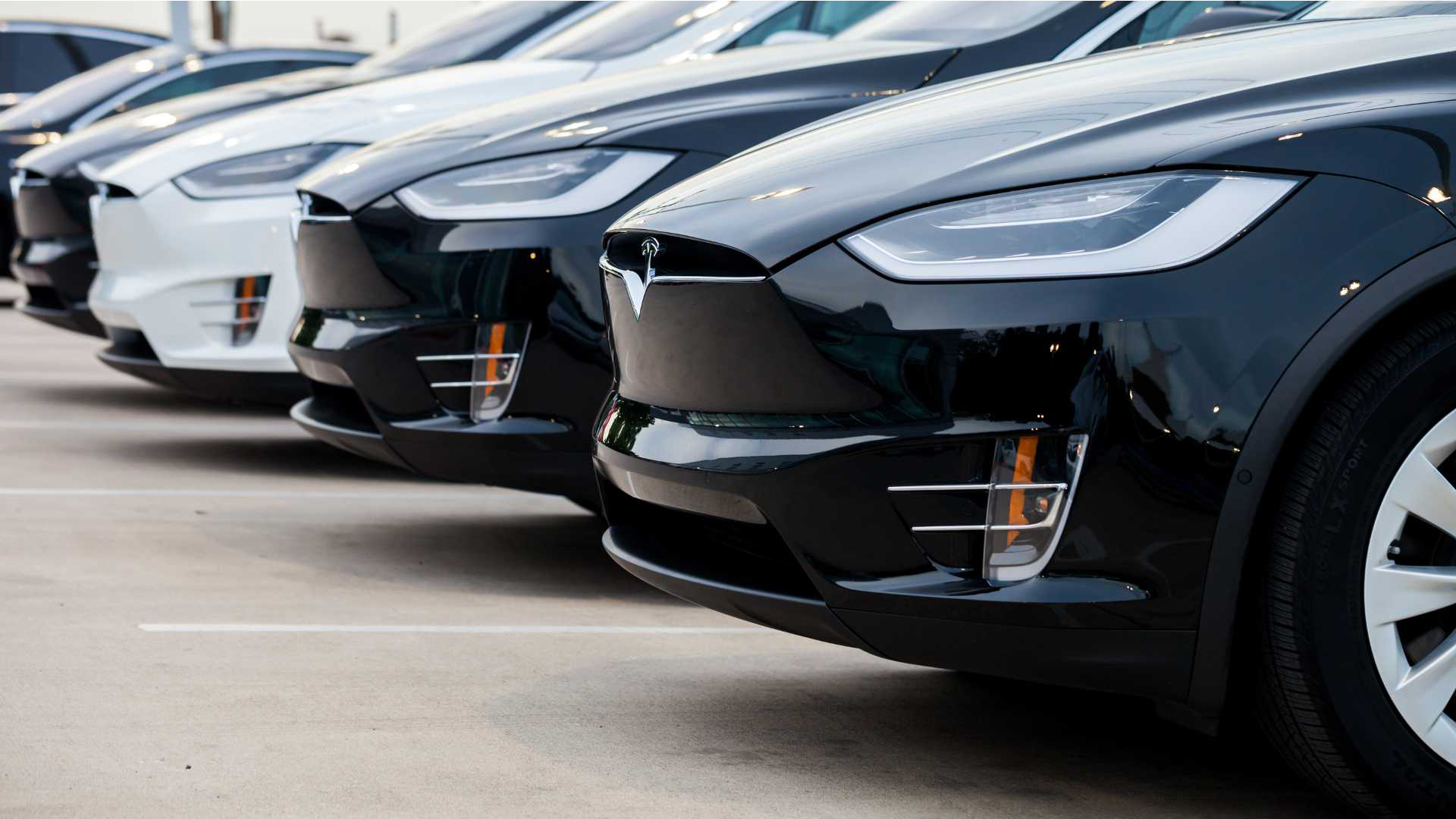
In the face of growing shortages of batteries and battery materials for electric cars, one respected analytics firm says those batteries would do more good for the environment put to use in more hybrid vehicles rather than fewer all-electric cars.
Per kilowatt-hour of battery capacity produced and installed in plug-in vehicles, hybrids deliver 14 times the benefit in emissions reductions that pure electric cars do, according to British analytics firm Emissions Analytics.
In European terms, the company measures the grams of carbon-dioxide saved per kilometer of driving, per kilowatt-hour of battery installed in the car.
The company considered 153 cars, including 59 conventional full hybrids, 7 mild hybrids, and 57 plug-in hybrids, and compared them to a theoretical electric car with a 60-kwh battery pack. It included vehicles in Europe and in the U.S., and showed even bigger benefits to drive on electricity in the U.S. than in Europe because gas cars in the U.S. are relatively less efficient than those in Europe.
The average mild hybrid across Europe and the U.S., with a battery pack of 400 watt-hours, saved almost 30 grams per kilometer of CO2 emissions, or about 74 g/km per kilowatt-hour of battery.
Full hybrids cut more CO2 emissions, but also had much bigger batteries averaging 1.3 kwh. Each kilowatt-hour of batteries installed accounted for a reduction of only about 51 grams per kilometer.
One of the biggest criticisms of plug-in hybrids is that they carry around a lot of extra weight (and use a lot of unnecessary materials in manufacturing) to include a gas engine and fuel tank that are seldom used.
The same argument can apply to the large batteries in long-range electric cars. The cars aren't driven any differently. On average, cars still get driven less than 30 miles a day. Allow some extra battery capacity for driving in cold weather, running the heater, and having some buffer left when a driver gets home, and they still normally use less than 30 or 40 kilowatt-hours a day. Yet many of today's electric cars have batteries twice that size or bigger to accommodate occasional trips.
Any bigger battery than that adds extra weight and accounts for extra material consumption that rarely gets used. Since manufacturers have been building internal combustion engines for more than 100 years, there's no shortage of supplies to make them. But there are increasing reports of shortages in the materials needed to make large lithium-ion batteries for cars.
The Emissions Analytics report shows that plug-in hybrids that rely mostly on batteries in their daily driving cycle—the Chevrolet Volt, for instance—saved the same amount of CO2 emissions as fully electric cars in their tests: 210 grams per kilometer. But they required much smaller batteries, just over one-sixth the size.
The report comes just as several automakers, such as General Motors, Volkswagen, and BMW are reducing or eliminating their efforts to build plug-in hybrids and replacing them with more long-range battery-electric cars to compete with Tesla.
Given the urgency of the need to reduce CO2, to combat global warming, the report says, "paradoxically BEVs may not be the best way to achieve it. A major concern is that the push to pure battery electric vehicles (BEVs) will crowd out a more effective program of mass hybridization."
——Source:Greencarreports.com









